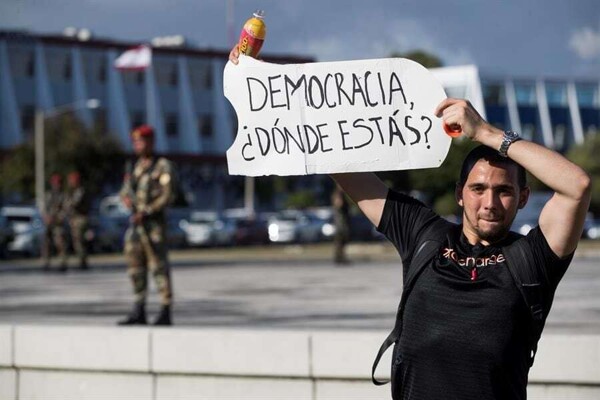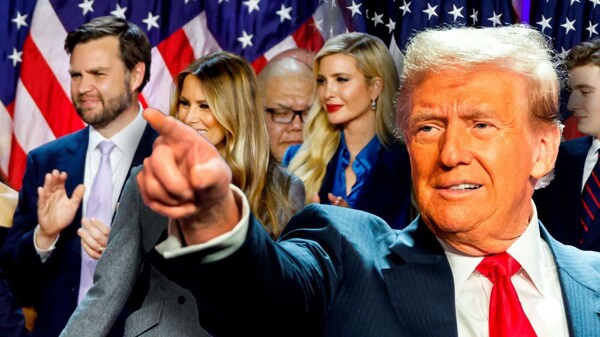
The country continues to face the risk of a possible free fall due to international distrust, despite the elimination of autonomous bodies. This measure also leaves a gap in the adoption of technical decisions without political biases. An increase in public debt payments is anticipated due to the depreciation of the Mexican peso.
The functions of the Secretariat of Governance are reinforced in matters related to peace and political communication. On the other hand, the Inter-American Commission on Human Rights has accepted to examine the situation in Mexico and issue a statement on it, although it is considered unlikely that the government will change its course.
The Mexican government has been warned about the consequences of its centralization policy and the lack of independence in the Judiciary. Changes have been implemented, such as new appointments for secretariats and the creation of the Digital and Telecommunications Agency. Additionally, there is an observed strengthening of the functions of the armed forces to support their actions.
The disappearance of autonomous bodies and the transfer of their functions to legal texts is proposed, although with limitations and without obligation for public servants. These decisions could generate greater international disrepute and isolation of the country from other partners and investors.
Amid these changes, the process of consolidating political control in various spheres is highlighted, such as the ratification of officials and interference in the selection of judges and ministers, raising uncertainties about the respect for human rights.
Internationally, additional challenges loom, such as Trump's threats on immigration issues and the possible renegotiation of the USMCA. In the economic sphere, questions arise regarding foreign investments, the destination of public resources, and the impact on debt and financial stability.
In this way, the political and economic scenario in Mexico appears complex, with decisions that will mark the future direction of the country.














